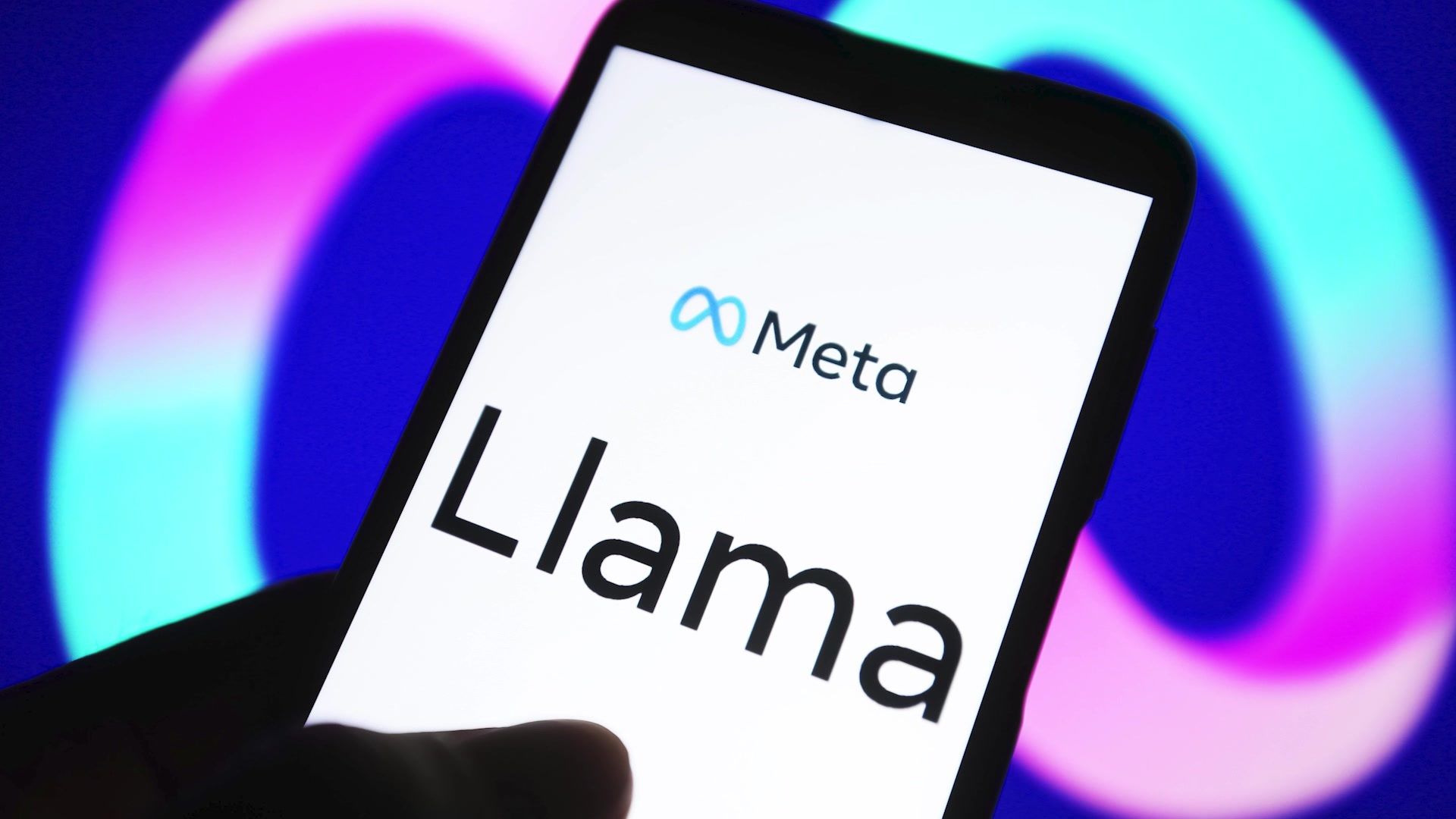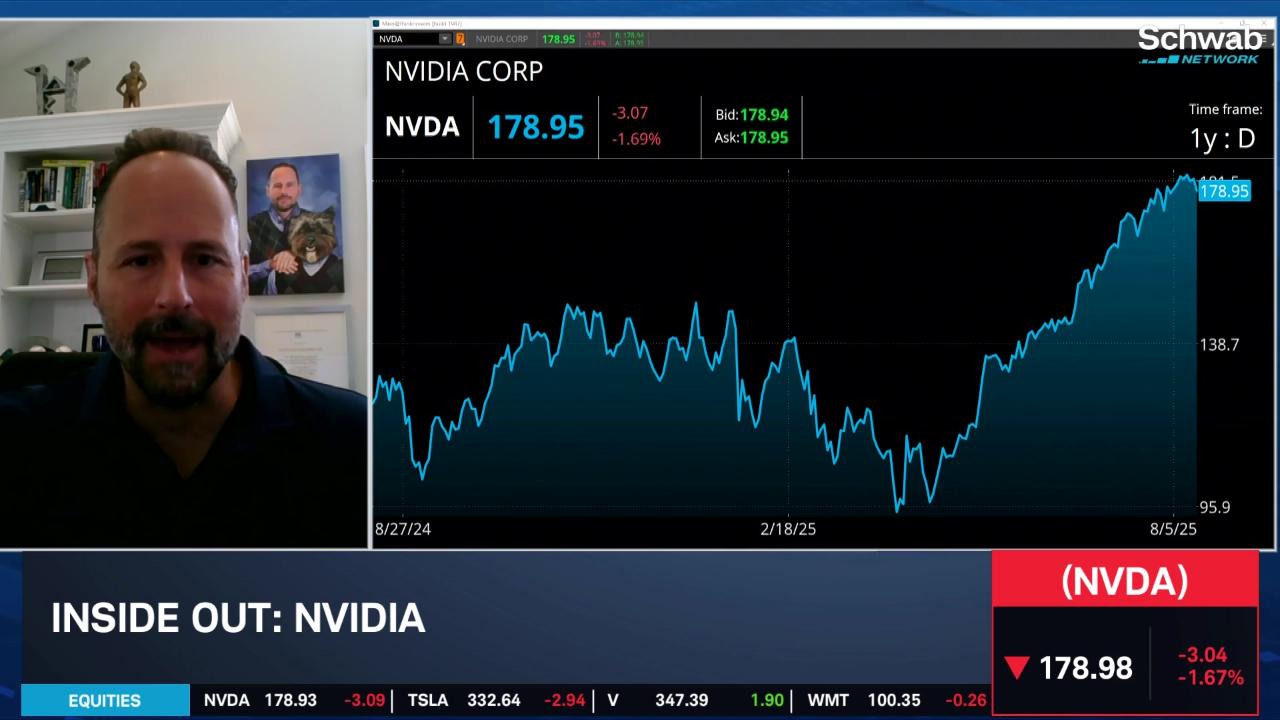- Market Minute
- Posts
- Meta (META) Goes All-In on AI – Metaverse Repeat?
Meta (META) Goes All-In on AI – Metaverse Repeat?

Back when Meta Platforms (META) was still named Facebook, Mark Zuckerberg believed the next big thing would be the Metaverse, where people could slip between the real world and a digital one seamlessly.
TechSpot reports that since 2021, it has spent $46 billion on Metaverse development. Mid-pandemic, in lockdown, the Metaverse had the perfect chance to attract lonely users. Perhaps it was a matter of timing, but the idea didn’t catch on. Virtual reality remains a hard sell for many people, and users criticized the execution.
Now, Meta is all-in on the AI revolution. It is reportedly offering multimillion-dollar pay packages to lure talent from rivals like Microsoft (MSFT) and spent billions to hire former Scale AI CEO Alexandr Wang and ex-GitHub CEO Nat Friedman.
Other companies are hungry for the same talent pool, from big to small: Microsoft is reportedly wooing Meta employees, and AI startup Cohere just added Joelle Pineau, former Meta AI chief, after a $500 million funding round.
The Information reports that Meta is planning its fourth AI restructuring in six months. This would divide its Superintelligence Labs segment into four groups: one focused on the Meta AI assistant, an infrastructure team, a long-term research team, and a “TBD” team.
Meta has its own large-language model offering (Llama) rather than licensing ChatGPT or another competitor’s engine. It’s begun integrating AI into its offerings, letting users create custom emojis or stickers and creating a version of a search engine natively in its apps. It released Llama 4 in April, which it has said is cheaper to run than models like OpenAI’s GPT-4o. It also has its own Meta AI app, which debuted in April – however, last week, Bloomberg reported that it has “persistent flaws” and an “uneven experience.”
The company retains an enormous user base across its apps, including Instagram and WhatsApp. However, it lacks the household name status of ChatGPT, as well as integration into Search or other prestigious partnerships. Its model ranks well in various tests but doesn’t lead the industry. It was also accused by multiple researchers of misleading users about its performance in April, per TechCrunch.
Investors should ask themselves, what does Meta’s endgame look like? After sinking billions and billions into AI, how is it aiming to profit from it? How can it lock in users when there are so many models on the market, all constantly vying for an edge and for visibility?
It offers Llama for free right now, while other models require paid subscriptions. While this is a strategic move that could entice some users, how does Meta plan to monetize those users? Keep in mind that the majority of Meta’s profits come from ad revenue. Will AI revolutionize ad targeting enough to pay for itself?
Meta has lots of money to throw around – it made $164 billion in revenue in 2024. While AI doesn’t look like it’s going anywhere, unlike the Metaverse, investors should consider whether Meta can win this race, and what it will do if it does. If the market gets impatient with its results, the stock could take a hit. Right now, the market seems happy with the Mag 7 member – it hit another all-time high of $796.25 on Friday. If it pulls this off, though, there could be more room to the upside.
Morning Minute
Featured Clip
Tune in live from 8 a.m. to 5 p.m. ET, or anytime, anywhere, on‑demand.
Or stream it via thinkorswim® and thinkorswim Mobile, available through our broker-dealer affiliate, Charles Schwab & Co., Inc
Please do not reply to this email. Replies are not delivered to Schwab Network. For inquiries or comments, please email [email protected].
See how your information is protected with our privacy statement.
Charles Schwab and all third parties mentioned are separate and unaffiliated, and are not responsible for one another's policies, services or opinions. Schwab Network is brought to you by Charles Schwab Media Productions Company (“CSMPC”). CSMPC is a wholly owned subsidiary of The Charles Schwab Corporation and is not a financial advisor, registered investment advisor, broker-dealer, or futures commission merchant.

